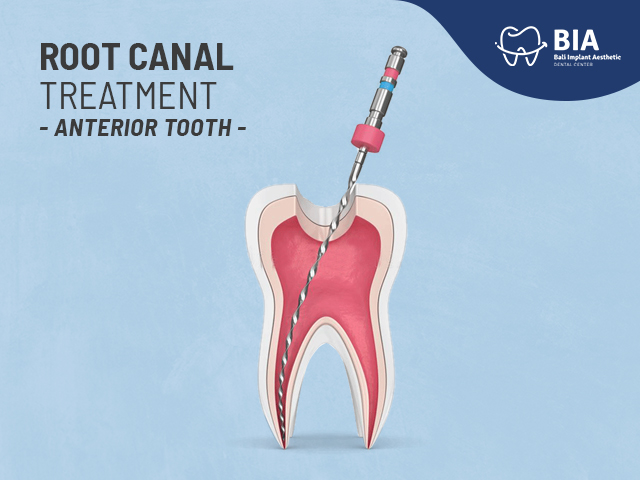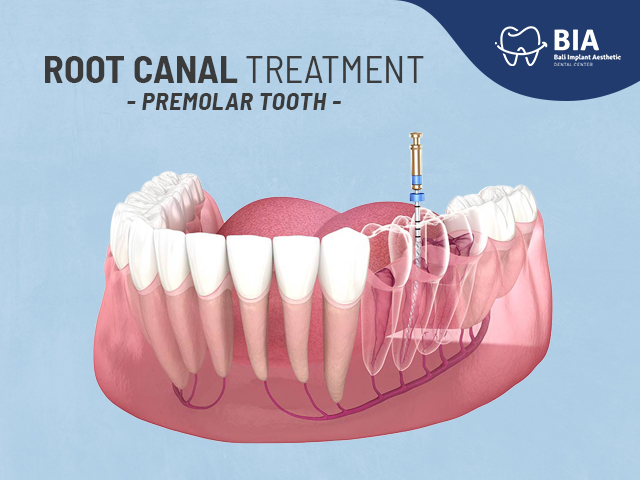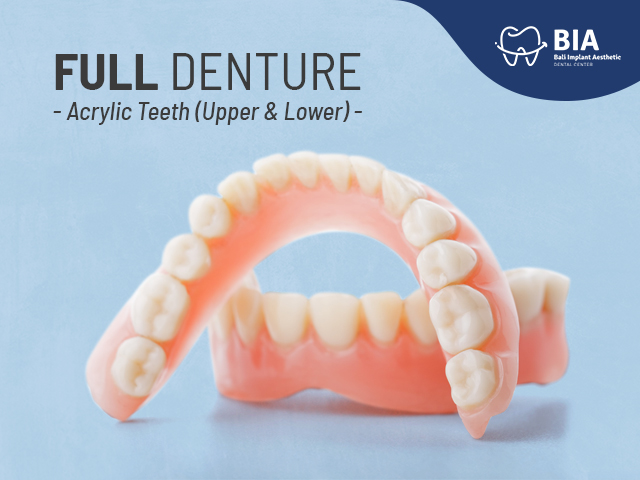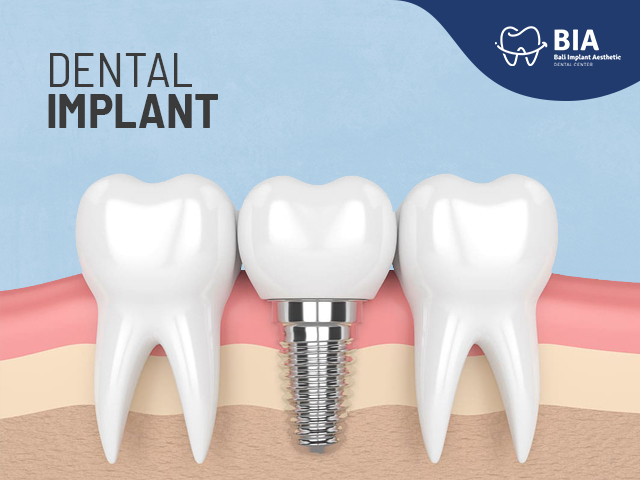The Role of Nutrition in Orthodontic Health: Tips for Eating Well with Braces
Article | 2024-04-30 11:51:04
Home » Articles » The Role of Nutrition in Orthodontic Health: Tips for Eating Well with Braces
The Role of Nutrition in OrthodonticHealth: Tips for Eating Well with Braces
When you have braces, it's important to pay closeattention to your diet to ensure that you're taking care of your orthodontichealth. Certain foods can damage braces or get stuck in them, leading todiscomfort and potential damage to the braces. One important tip for eatingwell with braces is to avoid sticky and hard foods. Foods like chewing gum,caramel, and nuts can easily get stuck in your braces or damage the wires andbrackets. Instead, focus on soft foods that are easier to chew, such as yogurt,mashed potatoes, and steamed vegetables.
Remember, maintaining a nutritious diet and good oralhygiene habits will not only support the effectiveness of your orthodontictreatment but also contribute to your overall dental health. When it comes toeating well with braces, there are a few additional tips to keep in mind. It'sbest to cut hard fruits and vegetables into small, bite-sized pieces to avoidputting too much pressure on your braces. Likewise, tearing food, like breadand pizza, with your hands instead of biting directly into it can help preventdamage to your braces. Incorporating dairy products and calcium-rich foods intoyour diet is essential for maintaining strong teeth and bones. Yogurt, cheese,and milk are great sources of calcium and can contribute to the overall healthof your orthodontic treatment. While it's important to focus on what you eat,how you eat is also crucial. Chewing slowly and carefully can prevent food fromgetting stuck in your braces and reduce the risk of damaging them. Taking thetime to thoroughly chew your food can also aid in digestion, benefiting youroverall health.
By being mindful of what you eat and how you eat, youcan support the success of your orthodontic treatment and maintain good oralhealth throughout the process. When it comes to beverages, it's important to bemindful of what you consume while wearing braces. Avoid sugary and acidicdrinks such as soda, sports drinks, and fruit juices, as these can lead toenamel erosion and increase the risk of tooth decay. Opt for water or milkinstead to keep your teeth and braces clean and healthy.
In addition to paying attention to your diet and oralhygiene, it's essential to follow any specific guidelines provided by yourorthodontist regarding the care and maintenance of your braces. This mayinclude using special tools for cleaning or taking steps to protect your bracesduring physical activities or sports. It's also important to attend regulardental check-ups during orthodontic treatment to ensure that your teeth andgums remain in good condition. Your orthodontist can provide guidance on maintainingoral hygiene and recommend any necessary adjustments to your dental careroutine.
Remember that taking care of your orthodontic health isa partnership between you and your orthodontist, and by being proactive andmindful of your diet and oral hygiene, you can contribute to a successfulorthodontic treatment and overall oral health.
References:
1. Ferrando-Magraner,E., García‐Sanz, V., Bellot-Arcís, C., Montiel-Company, J M., Almerich‐Silla, JM., & Paredes‐Gallardo, V. (2019). Oral Health-related Quality of Life of AdolescentsAfter Orthodontic Treatment. A Systematic Review. J Clin Exp Dent, 11(2):e194–e202.
2. Aljohani, S., & Alsaggaf,D. (2020). Adherence to Dietary Advice and Oral Hygiene Practices AmongOrthodontic Patients. Patient Prefer Adherence, 14(1): 1991-2000.
3. Shalchi, M., Mahdavi-Roshan,M., Imani, M M., Aghajani, R., Khabbaz, S., & Haghshenas, E S. (2022).Evaluation of Pain, Dietary Intake, Body Mass Index, and Periodontal Status inPatients Undergoing Fixed Orthodontic Treatment With Bite Raiser. Curēus, 14(12):1-7
4. Eating Concerns. (2023).https://www.mouthhealthy.org/en/nutrition/nutrition-concerns
5. Foods You Can Eat With Braces.(2023).https://www.colgate.com/en-us/oral-health/early-orthodontics/foods-you-can-eat-with-braces
BIA(Bali Implant Aesthetic) Dental Center has an Orthodontic Dentist who canhandle ortho treatment for patient's teeth.
"OneStop Dental Solution for your teeth"
Ourservices: BIA X-RAY, BIA FARMA, BIA LAB and BIA Anestesi
Contact Information:
BIA (Bali ImplantAesthetic) Dental Center
Jl. Sunset RoadNo.168, Seminyak, Badung, Bali Indonesia 80361
+6282139396161




